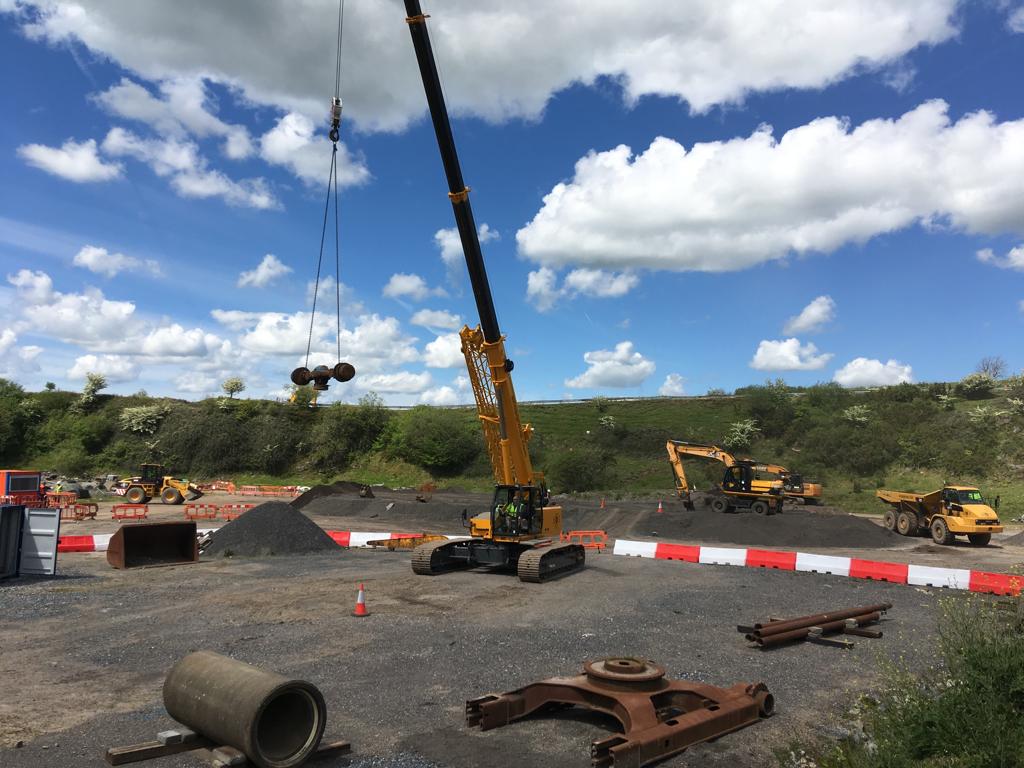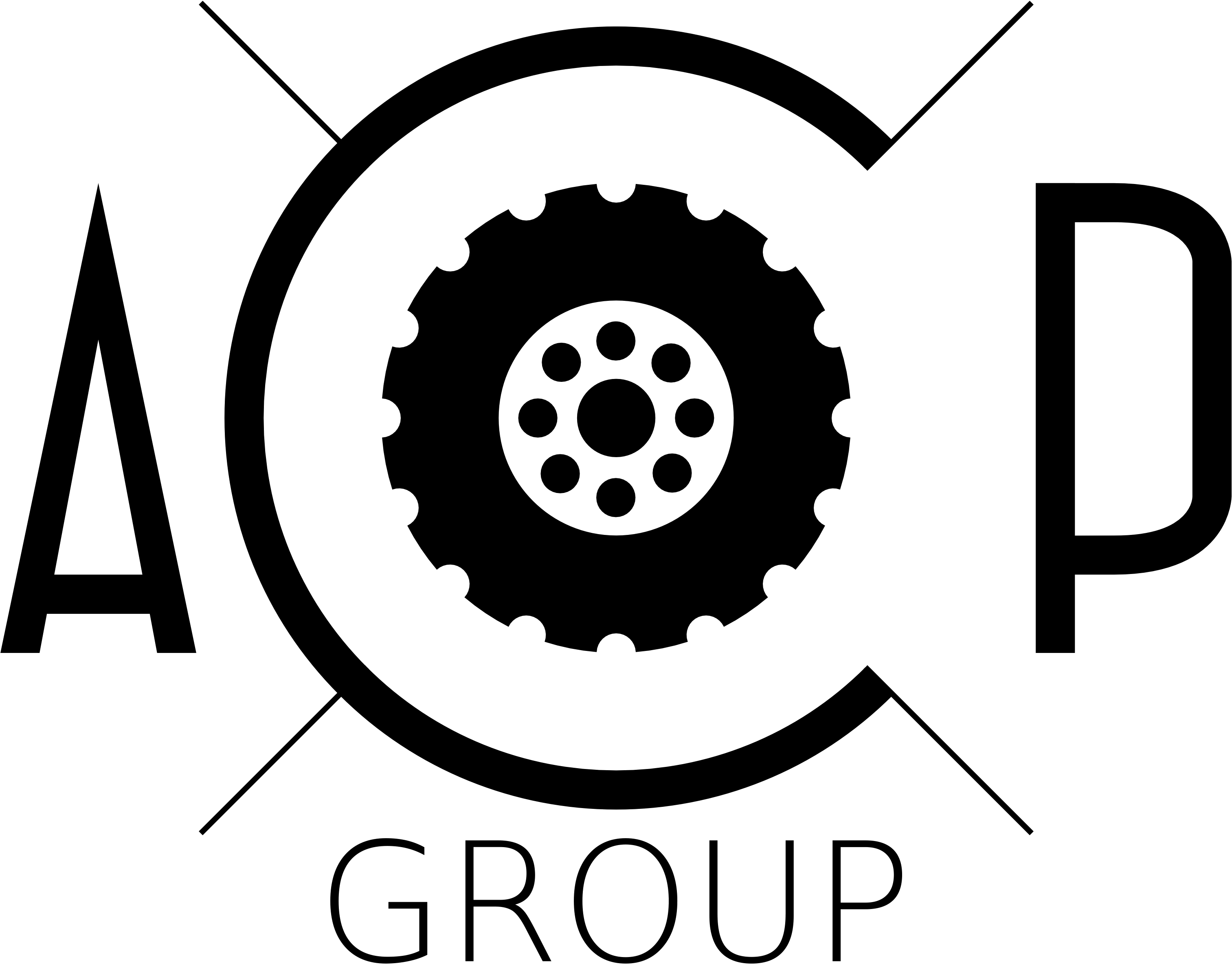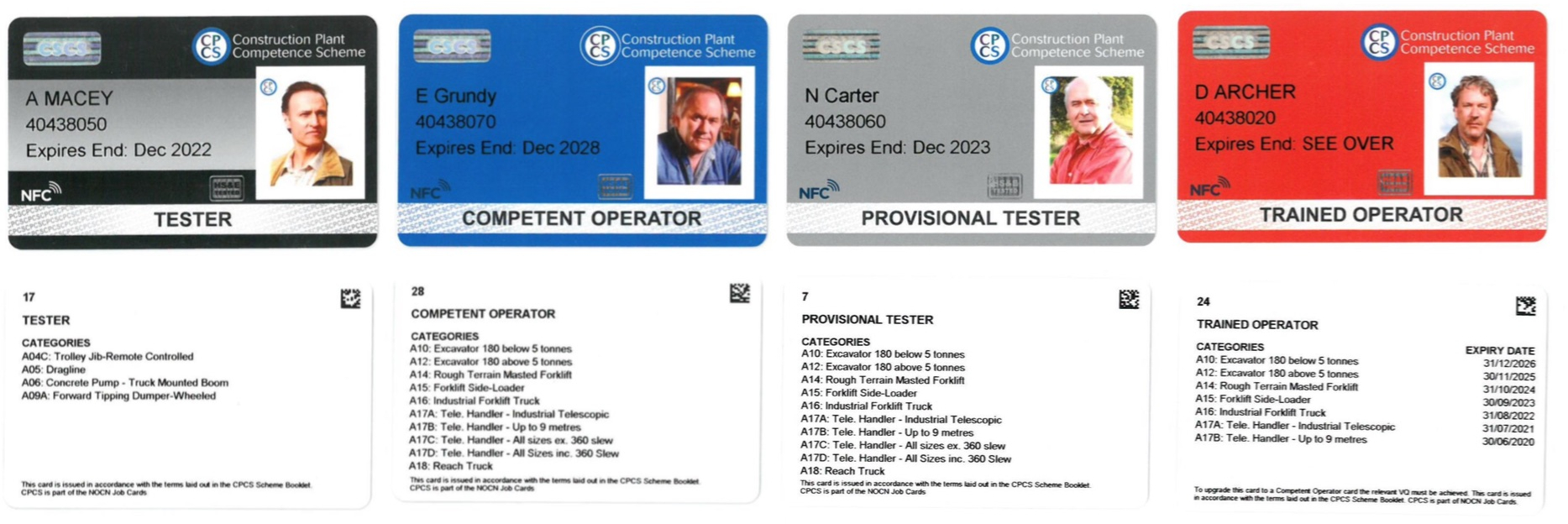
- This event has passed.
Appointed person (lift planner) course (March 2023) CPCS
6 March 2023 - 13 March 2023

We are running 6 day CPCS Appointed person (A61) course,
This involves 5 consecutive days training from Monday to Friday, with CPCS technical test on the following Monday.
This course is designed for individuals appointed to plan and manage lifting operations on site.
If the A40 slinger/signaller category is already held under CPCS, then the Crane Supervisor endorsement is also issued upon successful completion of the AP course.
Spaces are limited to 6 delegates per course.
The aim of this course is to provide candidates with practical and theoretical knowledge to help undertake the role of an Appointed Person/ lift planner.
Appointed Person course content
Through a combination of targeted training and experience, an appointed person will be able to:
Legislative and regulative
- State basic requirements of legislation, regulations, codes of practice, guidance and good practice documentation that relate to all types of lifting duties
- Explain the duties and responsibilities of those involved in a lifting operation including: an appointed person, a lifting operations supervisor, a lift co-ordinator, a machine operator, a slinger, a signaller, a lifting equipment installer/erector and maintenance personnel
- Identify the requirements for basic, standard and complex lifts
- Describe the lighting requirements for in and out of service conditions for lifting equipment
- State requirements to be followed when planning the lifting of persons
Lifting equipment
- Identify different types of lifting equipment, and explain capabilities and limitations of each for given lifting operations
- Outline pre-use checks requirements for lifting equipment and accessories
- Explain maintenance inspection, thorough examination and testing requirements for lifting equipment and accessories
- Describe setting up, erection, levelling and dismantling requirements for different types of lifting equipment and lifting operations
- Calculate lifting equipment point loadings/outrigger loadings, spreader mat types and sizes from given information
- Identify ground pressure and support loadings from given information
- Explain the function and use of, and use information provided by, RCIs and safety devices applicable to a range of lifting equipment
- Select the correct lifting equipment for specified lifts
- Extract information from manufacturer’s technical specifications, duties charts, range diagrams and other information sources
- Specify lifting equipment configurations for specific types of lifting operations
- Identify attachments and ancillaries to lifting equipment.
- Describe out of service procedures for lifting equipment including locations, configurations, and markings
Lifting accessories
- List different types of lifting accessories and explain typical applications
- Identify and explain relevant information relating to different types of lifting accessories e.g. markings, certificates and thorough examination reports
- Calculate sling capacities, lengths and angles
- Explain slinging techniques for given loads including balanced, unbalanced and loose
- Specify appropriate lifting accessories for given types of loads
- Identify weights and centres of gravity for different types of loads
Communication
- Describe and specify different types of communication methods for lifting purposes
- Explain factors that determine types of communication methods, the limitations of each and the effects of poor communication
- State the need to complete a reflective report following a typical lifting operation
Planning
- Identify potential proximity and underground hazards from given plans and drawings
- Identify and plan an area, with exclusion zones for different, given lifting operations incorporating safe access/egress routes for before, during and after the lift
- State requirements that allow safe site access and egress for typical lifting equipment
- Specify the security requirements for specific lifting operations
- Construct a safe system of work by producing risk assessments, method statements and lift plans, including drawings, using given information
- Explain additional requirements for pick and carry duties
- Communicate lift plan information to others involved in a lifting operation i.e. lifting supervisor, machine operator, slinger etc.
- Specify positioning of lifting equipment, loads in relation to fixed objects and other limiting factors
- Explain the definition, requirements and factors for temporary works management and the effects on typical lifting operations
- Identify how the effects of fatigue on the lifting team can affect a lifting operation and how it should be managed
- Evaluate and explain how the weather, other environmental factors, and the surrounding area external to the lift zone – can affect the planned lifting operation
- Explain how wind loadings and sail-affect areas are calculated
- Describe notification, liaising and reporting procedures to statutory, authority, and utility bodies when affected by the lifting operation, i.e. works, railways, highways, airfields, etc.
- Explain the requirements to be followed when lifting loads from height
For your reference you can download the relevant questions for the theory test.
Your level of experience
Whatever your level of experience, contact us to discuss your training needs.
To make sure you're on the right course we'll ask you a few questions as a short learner profiling exercise.
Are you an experienced operator? You may want to proceed directly to test, or discuss pre-test familiarisation training.
We are also happy to discuss how you can progress from your red card to a blue card, or any NVQ requirements you may have.
Get in touch with ACOP Group to plan your next steps. You can email us at info@acopgroup.com or call us on 01269 844155.
ACOP Group offer the full range of CPCS and NPORS-accredited courses. Our listings give an example of what we have forthcoming. However, please contact us with any individual requirements, or to ask for any cancellations and last minute offers.
We are based near Cross Hands, Llanelli, south Wales. We are within a reasonable driving distance of the following areas: Aberystwyth, Birmingham, Bristol, Caldicot, Cardiff, Cardigan, Carmarthen, Hereford, Milford Haven, Newport, Newtown, Pembroke, south west England, Swansea, Swindon, Welshpool.

